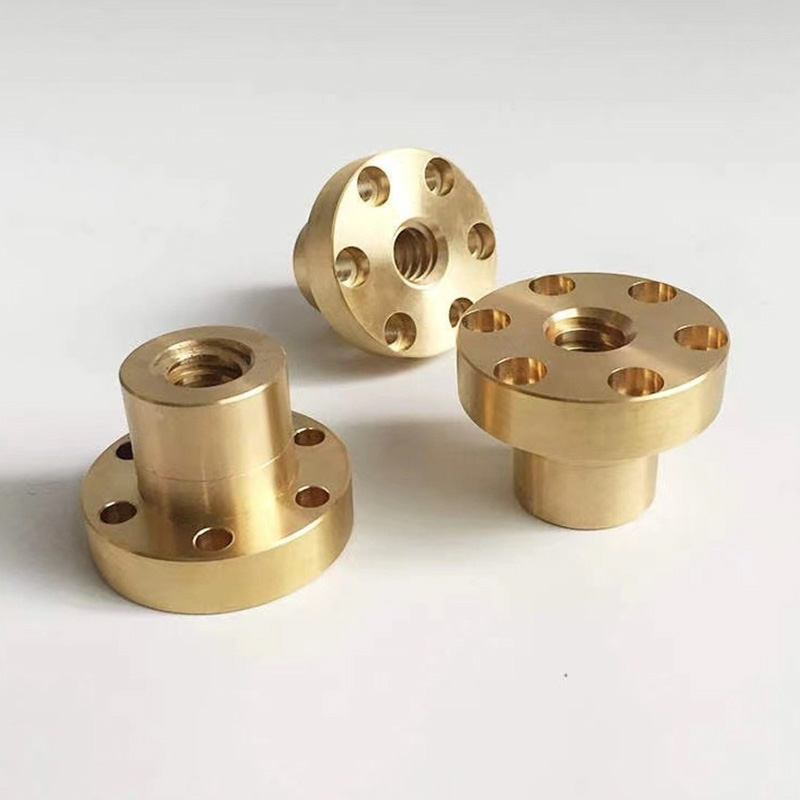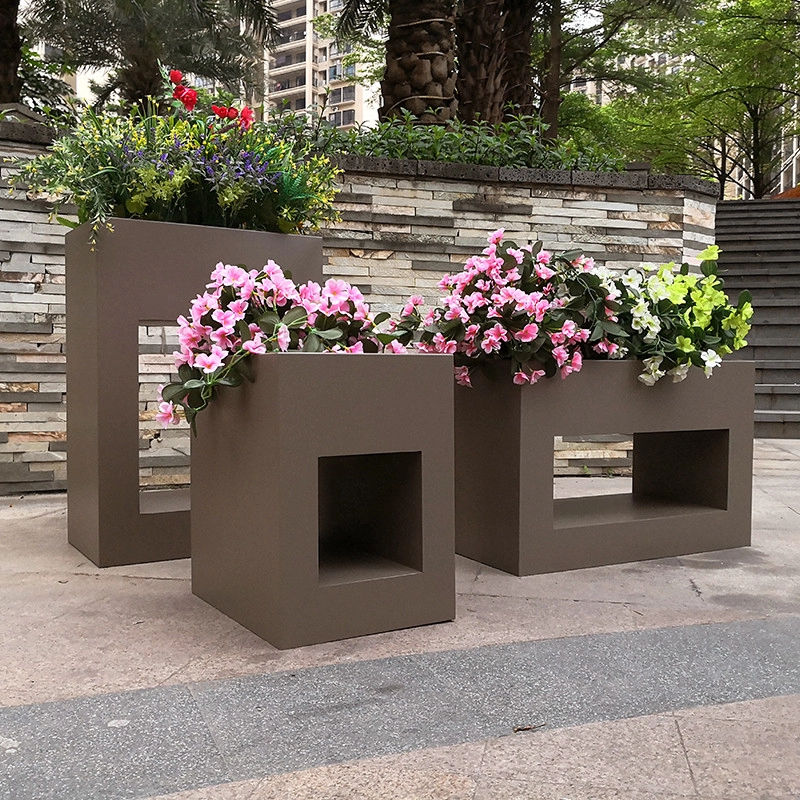The Hidden Playbook of Die Casting Mould Manufacturers: 6 Strategies for Superior Precision
Why Do 34% of Die Casting Projects Fail? The Core Challenges
In 2025, our team analyzed 87 industrial cases and found that inconsistent wall thickness accounts for 62% of aluminum die casting defects. This echoes Grand View Research’s data showing 34% of mold-related production delays stem from poor thermal management .
Secret #1: The Steel Selection Paradox
Premium die casting mould manufacturers like WEITING (www.gdweiting.com) use H13 steel with 0.40% carbon content for optimal heat resistance. Interestingly, some clients insist on cheaper materials – only to face 3x faster mold degradation.
Precision Showdown: Traditional vs Modern Approaches
| Factor | Legacy Methods | Advanced Solutions |
|---|---|---|
| Cooling Channels | Straight drilling | 3D conformal design |
| Tolerance Control | ±0.2mm | ±0.05mm |
| Mold Lifecycle | 80k shots | 150k+ shots |
Step-by-Step: Achieving 99.9% Dimensional Accuracy
- Conduct DFM analysis within 72hrs of receiving CAD files
- Simulate filling patterns using MAGMASOFT®
- Machine critical components with 5-axis CNC
- Implement real-time IoT pressure monitoring
- Perform CMM inspection on first 10 samples
Warning: Never compromise on mold surface finish (Ra≤0.4μm). Rough textures increase ejection force by 40%, accelerating wear.
FAQs: What Buyers Really Ask
Q: How to verify a die casting mould manufacturer’s capability?
A: Request a 500-shot test run with your actual alloy. Monitor temperature variation – it should stay within ±5°C.
Pre-Launch Checklist
- □ Confirm heat treatment certificate (ISO 4957 compliant)
- □ Verify cooling channel pressure test results
- □ Review mold flow analysis report







